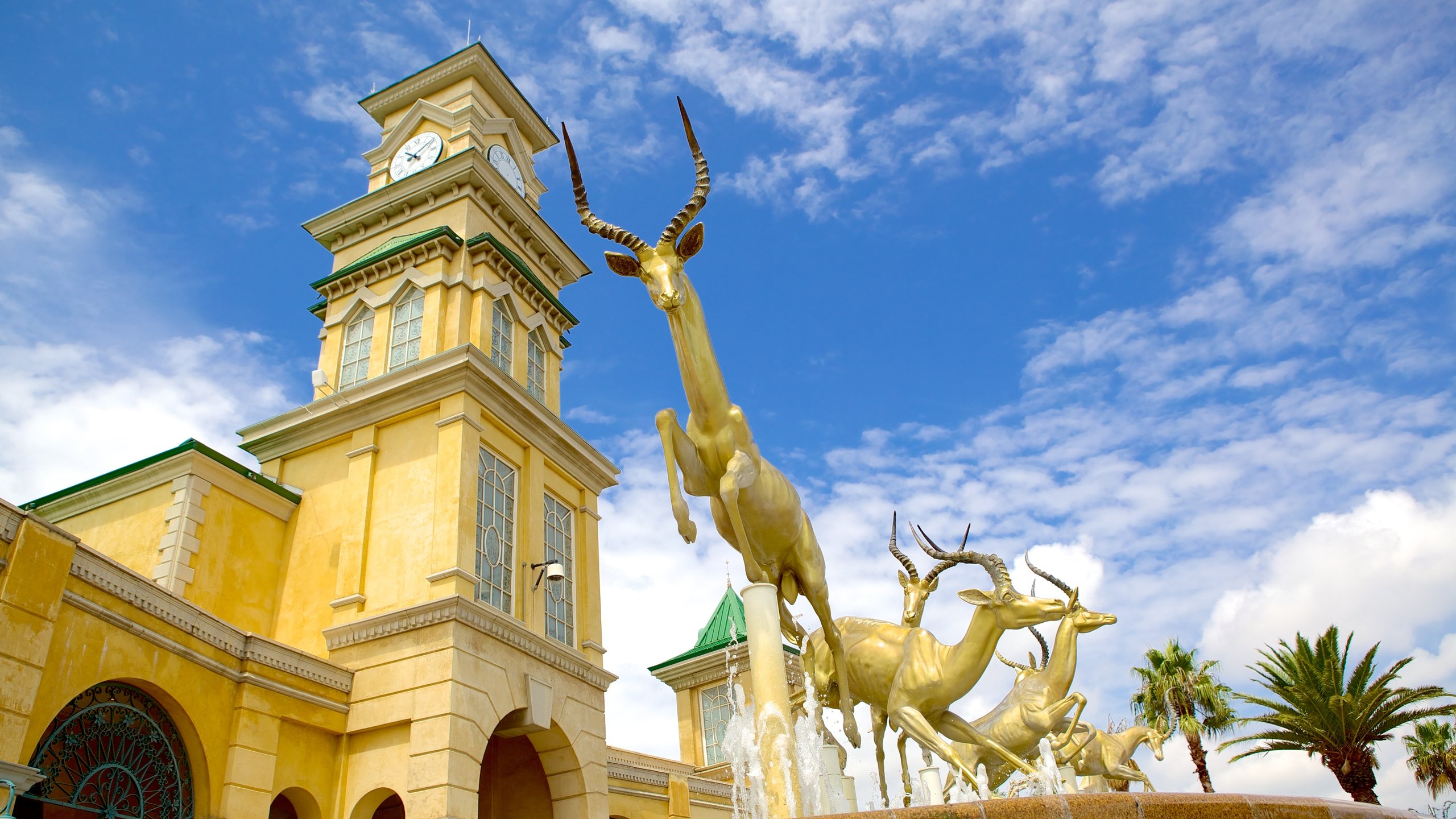Examine This Report about Johannesburg North Attractions
Examine This Report about Johannesburg North Attractions
Blog Article
All about Johannesburg North Attractions
Table of Contents7 Simple Techniques For Johannesburg North AttractionsThe Ultimate Guide To Johannesburg North AttractionsSome Known Incorrect Statements About Johannesburg North Attractions A Biased View of Johannesburg North AttractionsNot known Details About Johannesburg North Attractions The Of Johannesburg North Attractions
The city expanded on the side of the Witwatersrand Main Coral reef, a below ground stratum of gold-bearing quartz-silica conglomerate that arcs for hundreds of miles below the Highveld - Johannesburg North attractions. Many of the gold mines in the city discontinued operation in the 1970s, yet in its day the Witwatersrand gold market accounted for even more than 40 percent of the world's annual gold production.Johannesburg has a pleasant climate. Summer temperatures average regarding 75 F (24 C); winter months temperature levels average concerning 55 F (13 C) and just occasionally dip below cold. The city takes pleasure in about eight hours of sunshine daily in both winter months and summer season. Rainfall standards about 28 inches (700 millimetres) per year, however the total differs considerably from year to year.
What rain the city obtains drops nearly specifically in the summer months, often in amazing late-afternoon electric tornados., where many residents still rely on coal for fuel.

All About Johannesburg North Attractions
The balance of the city is inhabited by whites. Accommodation varies in personality and high quality.
Physical development, although somewhat limited by transportation, continued quickly as immigration to South Africa, and Johannesburg particularly, boosted significantly. This issue was fixed in the 1930s when the vehicle was presented in automation to South Africa. Vehicles were, generally, restricted to the rich, and permitted them to transfer to the north of the city and commute right into the centre.
Most poor suburbs were blended, with bad blacks and whites living together, although the rich suburbs were normally reserved for whites.
The previous system of eleven numbered regions was reorganised in 2006. Marshalltown, as look these up seen from the top of the Carlton Centre. The M1 and M2 run behind the buildings, and the southern suburban areas expand past the highway border. The central city of Johannesburg lies within the city's Region F. The number of individuals living in the inner city on a casual basis is unknown, as several are unlawful immigrants. The joblessness, education, and age accounts of the area are all unidentified, due to the trouble of acquiring trusted details about the location.
The 9-Second Trick For Johannesburg North Attractions
Yeoville and Bellevue have a mix of apartment and solitary domestic systems on small great deals. The region lies on a hilly divide that ranges from eastern to west. One of the most conspicuous geographic function is Observatory Ridge, which is called for the huge observatory located on it. The entertainment areas are no much longer made use of, because of security problems.

Johannesburg Arena, a training school for both the Golden Lions and Orlando Pirates, is nearby. The eastern residential areas of Johannesburg are located in the city's 7th [] and 9th [] areas. The location is also functionally incorporated with East Rand boundary towns beyond the official limit of Johannesburg, such as Bedfordview and Edenvale (both component of Ekurhuleni Metropolitan Municipality).
The 6-Minute Rule for Johannesburg North Attractions
The Visit Your URL eastern residential areas are some of the earliest locations of Johannesburg, there are huge areas of Jewish and various other European histories, the majority of the population is English speaking. There are 3 golf courses as well as a number of protected ridges with viewsites.
Initially developed to house male migrant employees, numerous have actually been enhanced as houses for couples and households. The residential area was not historically enabled to create work centres within the area, so almost all of its homeowners are travelers to various other parts of the city.
Johannesburg North Attractions Things To Know Before You Get This
The property locations in the northern residential areas are generally official, with no substantial areas of informal housing, or housing that lacks a long-term framework. This is a recognized location, there is a pattern of land use adjustment from residential to commercial, specifically along main arterial roadways and around well-known nodes.
Roadways to the eastern and west are much less well created, as there are no highways taking a trip in that direction. In the direction of the northern boundary of the city, the density of development decreases, leaving huge areas of undeveloped land around Midrand.
What Does Johannesburg North Attractions Mean?
, which is located on a hillside neglecting the internal city and Hillbrow.
Report this page